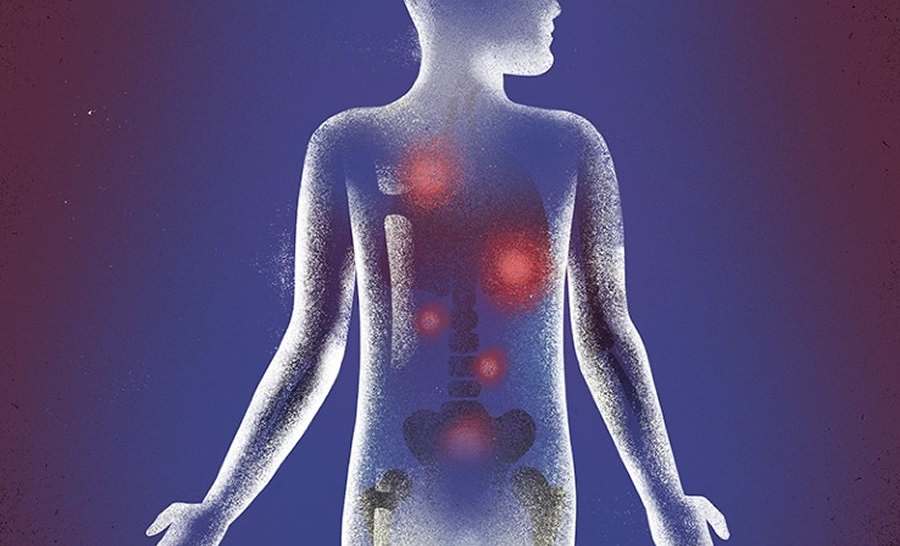By Dr. David Samadi
Cancer deaths in men are projected to increase by 94% worldwide by 2050, significantly impacting those aged 65 and older, according to a recent study published in the journal *Cancer*. The research indicates that cancer cases will rise from 10.3 million to 19 million, and deaths will increase from 5.4 million to 10.5 million during this period. The largest increase will be seen among older men, with deaths increasing by 117% .
The study notes that cancer cases and deaths will grow by almost 40% among working-age men and 50% in low-income countries. Men currently face higher cancer risks due to factors such as smoking, alcohol consumption and exposure to carcinogens in the workplace. In addition, lower participation in cancer prevention and early detection contributes to worse outcomes.
Study findings
Analysing data on 30 cancer types across 185 countries, the study finds that lung cancer will remain the most prevalent and deadly cancer by 2050, with cases and deaths projected to increase by more than 87%3T. The largest increase in cancer cases is projected for mesothelioma, while prostate cancer will see the most significant increase in deaths, with a predicted increase of 136%3T.
The study underscores the need to improve health infrastructure and achieve universal health coverage to meet these growing challenges and reduce disparities, especially in low- and middle-income countries, where cancer outcomes are currently worse.
Men remain more likely to die from cancer compared to women, and several factors contribute to this disparity. Men are more likely to smoke and consume alcohol excessively, habits strongly linked to various types of cancer. They are also often more exposed to carcinogens in the workplace and tend to be less proactive about cancer prevention and regular screening.
Age is another factor; older men tend to have lower survival rates, often due to late diagnosis, lower tolerance for treatments, and financial barriers to accessing medical care.
Steps men can take to reduce their risk of cancer
To help reduce the risk of cancer, men should:
- Avoid all forms of tobacco use.
- Limit alcohol consumption.
- Practice regular physical activity and strive to maintain a healthy weight.
- Protect your skin by using sunscreen all year round.
- Schedule annual medical checkups and routine health exams.
- Make sure you are up to date on your vaccinations.
- Know your family history of cancer.
- Make healthy food choices every day, such as eating fruits, vegetables, legumes, nuts and whole grains, and avoiding processed meats and excess fats.
Conclusion
It is critical for men to speak openly with their doctors about their health concerns in order to clearly understand their individual risks and develop personalized prevention strategies. This is not only for their own well-being, but also for their families. This dialogue allows for personalized risk assessments, appropriate screening, and proactive measures, ensuring they receive the best care and timely advice to effectively manage their health.
Dr. David Samadi is the Director of Men’s Health and Urologic Oncology at St. Francis Hospital on Long Island. He is a highly-regarded and successful board-certified urologic oncologist and robotic surgery expert based in New York City. He is considered one of the foremost prostate surgeons in the United States with extensive experience in the treatment of prostate cancer and robotic-assisted laparoscopic prostatectomy. Additionally, Dr. Samadi is a medical contributor on NewsMax TV and the author of “The Ultimate MANual,” Dr. Samadi’s guide to men’s health and wellness, available online at Amazon and Barnes & Noble. Visit Dr. Samadi’s websites at Robotic Oncology and Prostate Cancer 911.
